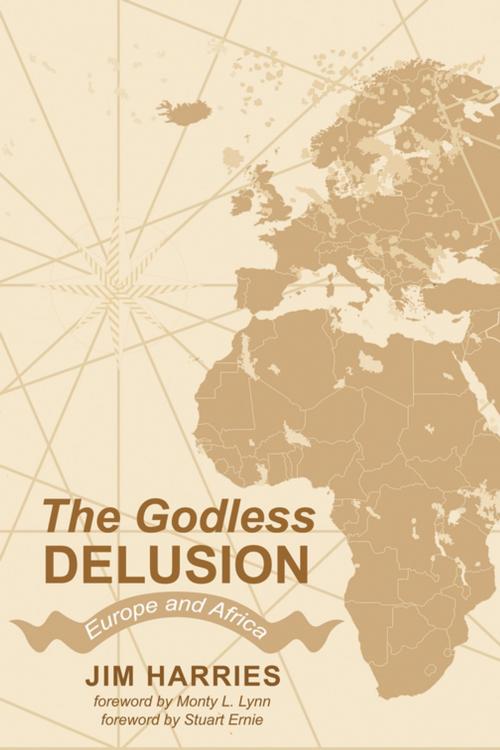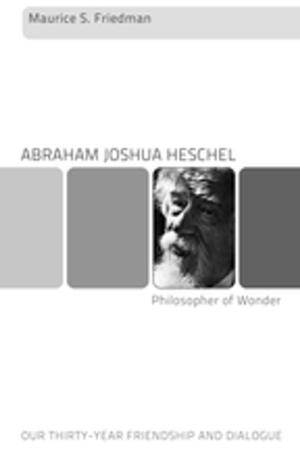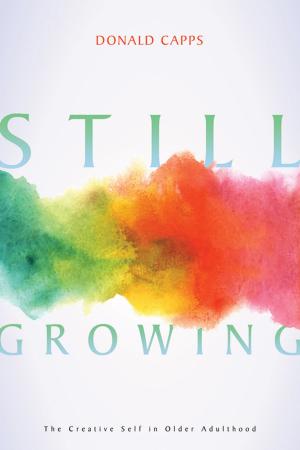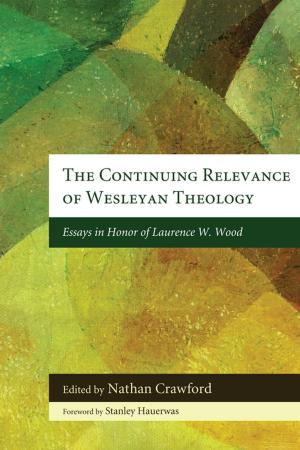| Author: | Jim Harries | ISBN: | 9781532614996 |
| Publisher: | Wipf and Stock Publishers | Publication: | July 7, 2017 |
| Imprint: | Wipf and Stock | Language: | English |
| Author: | Jim Harries |
| ISBN: | 9781532614996 |
| Publisher: | Wipf and Stock Publishers |
| Publication: | July 7, 2017 |
| Imprint: | Wipf and Stock |
| Language: | English |
What if the whole "God delusion" approach is a neo-colonial imposition at the linguistic and philosophical level? Could it lead to unmitigated disasters in intercultural communication and development work? This paradigm-challenging book points to the necessity, in light of contemporary impasse in intercultural understanding, of God's involvement in the encounter between the West and the majority world, especially Africa. Failure to account for God, the cradle of imagination operative in human hearts and minds has resulted in a black hole that deeply troubles intercultural engagement between the West and others. While drawing on his personal long-term field experience in Africa, the author cites contemporary scholarly Western literature on philosophy, anthropology, "religion," and beyond. Ironically, the West, which values dualism, instead of seeking to share it with majority world people, wrongly presupposes its universality. A proactive compliance to the countering of "racism" and to the demotion of impacts of human imagination on understanding contribute to this. Effective education must be from known to unknown, this text emphasizes. Enabling African people to build understanding on their own epistemological foundations might be more important than exporting of pre-packaged languages and educational systems from the West.
What if the whole "God delusion" approach is a neo-colonial imposition at the linguistic and philosophical level? Could it lead to unmitigated disasters in intercultural communication and development work? This paradigm-challenging book points to the necessity, in light of contemporary impasse in intercultural understanding, of God's involvement in the encounter between the West and the majority world, especially Africa. Failure to account for God, the cradle of imagination operative in human hearts and minds has resulted in a black hole that deeply troubles intercultural engagement between the West and others. While drawing on his personal long-term field experience in Africa, the author cites contemporary scholarly Western literature on philosophy, anthropology, "religion," and beyond. Ironically, the West, which values dualism, instead of seeking to share it with majority world people, wrongly presupposes its universality. A proactive compliance to the countering of "racism" and to the demotion of impacts of human imagination on understanding contribute to this. Effective education must be from known to unknown, this text emphasizes. Enabling African people to build understanding on their own epistemological foundations might be more important than exporting of pre-packaged languages and educational systems from the West.















